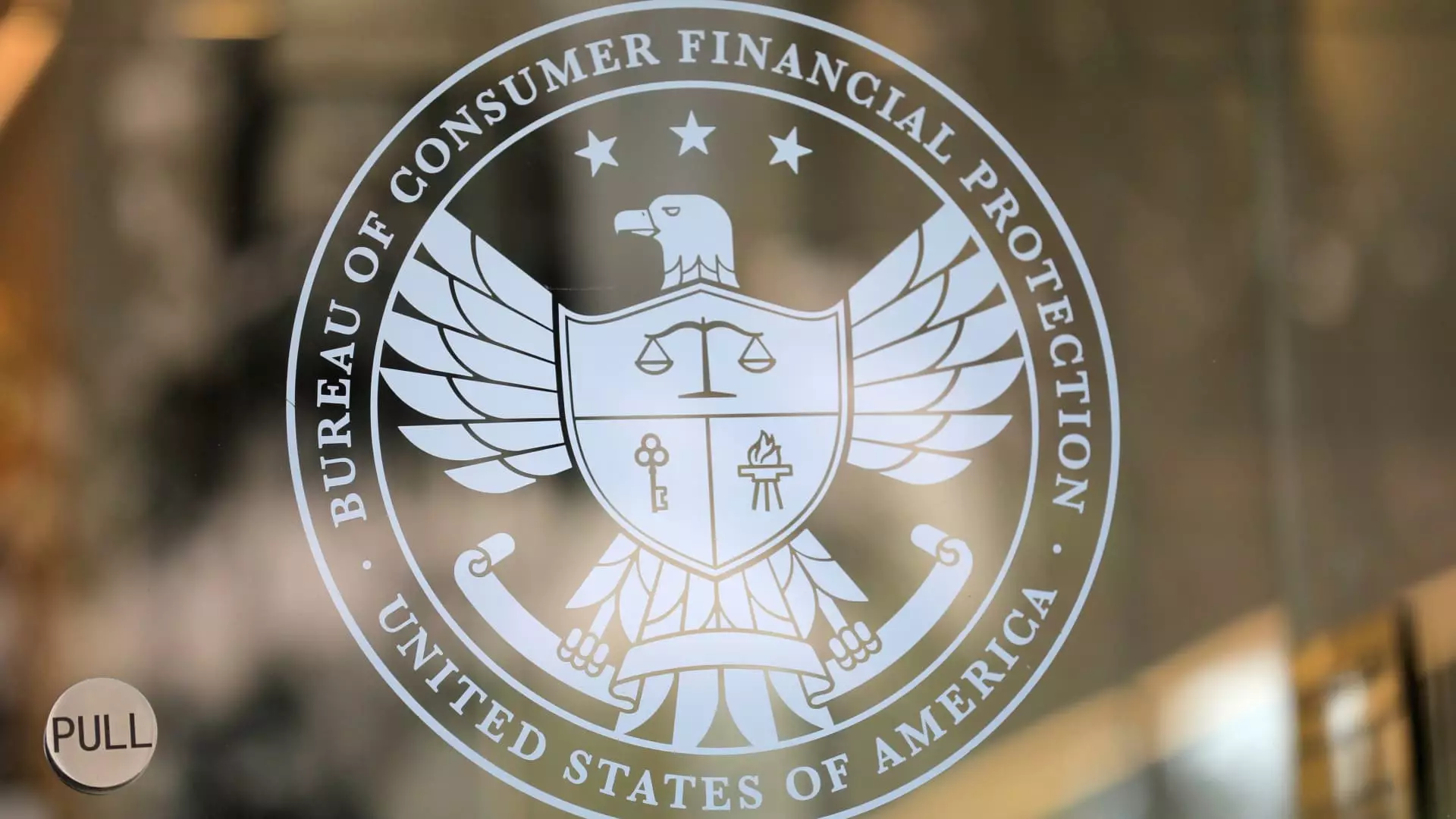The Consumer Financial Protection Bureau (CFPB) was established as a beacon of hope for consumers after the financial crisis of 2008. Its purpose was simple yet profound: to protect consumers from egregious financial practices and predatory lending. However, under the Trump administration, the CFPB has faced an unprecedented assault aimed at dismantling its foundations. The administration’s early attempts to slash its functionality raise critical questions about the future of consumer protection in the United States.
In February 2017, the CFPB’s operations were suspended as part of broader governmental budget cuts. This led to ongoing legal disputes that have cast a cloud of uncertainty over the agency’s mission. President Trump seemed determined to weaken the agency by proposing layoffs of 1,500 of its 1,700 employees—an action blocked by Judge Amy Berman Jackson, who reiterated the legal necessity of the CFPB’s mandate. These are not just numbers; they represent the people behind vital operations, from bank oversight to consumer complaint resolution.
The Power of Uncertainty in Financial Services
Phil Goldfeder, of the American Fintech Council, highlights a troubling reality: uncertainty breeds confusion and chaos in the financial services sector. Entrepreneurs and innovators rely on a predictable regulatory framework to operate. The Trump administration’s assault on the CFPB jeopardizes that stability, raising legitimate fears that essential consumer protections could be neglected.
If the bureau is crippled, the repercussions extend beyond individual consumers. It endangers the entire marketplace, creating a landscape where unscrupulous practices could thrive unchecked. The CFPB’s oversight has empowered consumers, but the agency’s dilution would tip the scales back toward the financial institutions that have historically exploited the less savvy.
Resurgence of Predatory Practices
Imagine a financial world where banks and alternative lending services are free to set fees, rates, and terms without any regulatory oversight. This scenario is no longer far-fetched; it is rapidly becoming a possibility due to the weakening of the CFPB. Recent legislative moves have already struck down crucial caps on overdraft fees, set to take effect in late 2025. Analysts predict banks may now take advantage of reduced scrutiny to increase these fees, targeting vulnerable customers who cannot afford such financial burdens.
Additionally, the CFPB had sought to rein in payment app companies, pushing for parity in regulations with traditional banks. Instead, the Trump administration’s legislative changes will leave many fintech firms unregulated. While some apps, like Zelle, remain under the auspices of bank regulations, competitors such as PayPal and Venmo will likely evade similar oversight. This inconsistency not only fosters dangerous competition among companies but leaves consumers vulnerable to exploitation without recourse.
Weakening Consumer Complaint Mechanisms
The CFPB has played a crucial role in creating a system whereby consumers can lodge complaints about financial products and services. However, this system is now at risk. Currently, the agency receives an estimated 25,000 complaints weekly, totaling over 1.6 million by 2023. The invaluable database of consumer grievances serves not only as a resource for the CFPB but as a form of empowerment for consumers—providing them a platform to seek redress.
Yet, as Mark Paoletta wishes to reduce the agency to a mere 200 employees, the ability of the CFPB to address complaints effectively is in jeopardy. Without proper staff and resources, the spoils of a diligent consumer complaint system risk relegation to a queue of unanswered grievances. If organizations don’t respond to complaints due to inadequate enforcement mechanisms, it defeats the entire purpose of the CFPB, rendering consumers’ efforts futile.
The Consequences for State Lawyers and Citizens
A coalition of state attorneys general from 23 states has vocally opposed the Trump administration’s efforts to defund the CFPB. This resistance exemplifies a growing recognition of the bureau’s role in consumer protection across various state lines. They understand that dismantling the CFPB is tantamount to abandoning citizens, especially those who are already vulnerable and marginalized.
If the CFPB is rendered ineffective, consumers’ trust in the financial system will be undermined. Financial institutions could operate without fear of repercussions, compromising even the most basic standards of fairness and equity. With the burden of consumer protection shifted to poorly resourced state agencies, the patchwork of enforcement is bound to result in significant disparities, leaving many consumers at substantial risk.
The fate of the CFPB encapsulates a much larger debate about the role of government in protecting the average citizen against powerful financial institutions. As the sands shift under the agency’s capacity to function, consumers everywhere should be alarmed—not just by the threats against the CFPB, but by what it signals for democratic accountability and governance in America.

